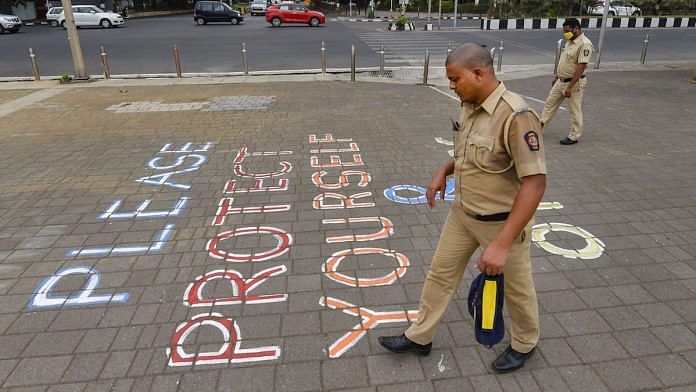I feel good. Thank you.
The unprecedented, tumultuous and sobering events of 2020 awakened us to the uncertainties and vulnerabilities that we used to gloss over in the belief of our invincibility and the euphoria of our achievements. There was also bewilderment and some pride at the ready adaption of the new paradigm of being homebound extensively, refraining from social activity and travel, and embracing the work-from-home culture using technology.
India didn’t do bad
Looking back, we were cited as the nation most likely to have the worst outcomes from this virus —both medically and economically. Our size, diversity, population, living conditions, healthcare systems, socio-economic disparities, politics and governance were the reasons offered by experts for this grim forecast. But we have proved otherwise.
Undoubtedly, job losses caused havoc for many. But the economy is slowly reviving. The migrant crisis, very characteristic of India, overwhelmed us. But the issues are complex and need serious introspection across stakeholders rather than just blaming the government. Surely, the lives lost to the virus is tragic. But the death rate in India is far lower than in many advanced economies. Of course, the naysayers alleged suppression of figures without applying their minds to how impossible it is to institutionalise that.
Also read: Antibodies, booster, comorbidity — an A-Z guide to how Covid changed language in 2020
…thanks to those who never stopped
While challenges still remain, it is fair to say that India has defied the odds as a nation, which we have every reason to be proud of. And I, like many others, have enjoyed the luxury of working from home as a measure of safety, but only because of:
- The selfless and relentless work of doctors and medical support staff in caring for others — testing and attending the people, often at grave risk to themselves.
- The efforts of those in governance and administration at the Centre and state through this pandemic, some of which I have witnessed first hand. They worked from their offices through most of the lockdown and in very trying circumstances, framing policies for the different phases of lockdown, balancing economic considerations, ramping up and creating medical, and testing and tracing facilities in cities and villages, ensuring inter-state coordination for free movement of goods, and more. Laws and regulations were changed to adapt to the times. They worked to address revenue considerations and managed several other complex issues.
- The dedication of the police and the other security personnel, many of whom were affected by and succumbed to the virus but remained steadfast to their added responsibility of ensuring compliance with lockdown guidelines and precautions, especially given the number of our people who believe non-compliance is their birthright.
- The people who ensured that the supply of essential services like electricity, water, internet, banking facilities was available without interruption.
- The unwavering efforts of the railway staff and truck drivers who ensured the smooth movement of goods, including essentials across the country to avoid disruptions in the supply chain and to prevent shortages.
- The local kirana merchants, chemists and other shopkeepers who kept their doors open so that medicines and products of daily use remained accessible and the teams of e-commerce and delivery partners who brought these to our doorstep.
- The airline staff who undertook the onerous task of ferrying stranded passengers to India, often knowing that those on board may be infected and could put them at risk.
- Civic workers who kept our streets and sewers clean.
- Enterprising entrepreneurs and their factory teams who promptly diversified to manufacturing products to fight Covid-19, including PPEs and accessories, ventilators, masks, sanitizers, etc. And those whose factories continued to produce medicines and essentials, many of whom may have even retained staff that was surplus owing to reduced capacity utilisation.
- The people who stepped up to meet, feed and help the indigent and migrants, instead of just sitting back in the comfort of their homes and questioning why enough was not done.
- Many others who worked relentlessly to keep the wheels of the country and it’s machinery moving.
Should it then be any surprise that I feel good with the overwhelming need to say a collective ‘thank you’? In that, I find less support and enthusiasm from people than for an IPL team, which makes me wonder if gratitude has become a forgotten sentiment, except when we are personally benefited. I hope I am wrong. But I am sure I am right in saying ‘thank you’.
Ajay Bahl is a Managing Partner at AZB & Partners. Views are personal.

